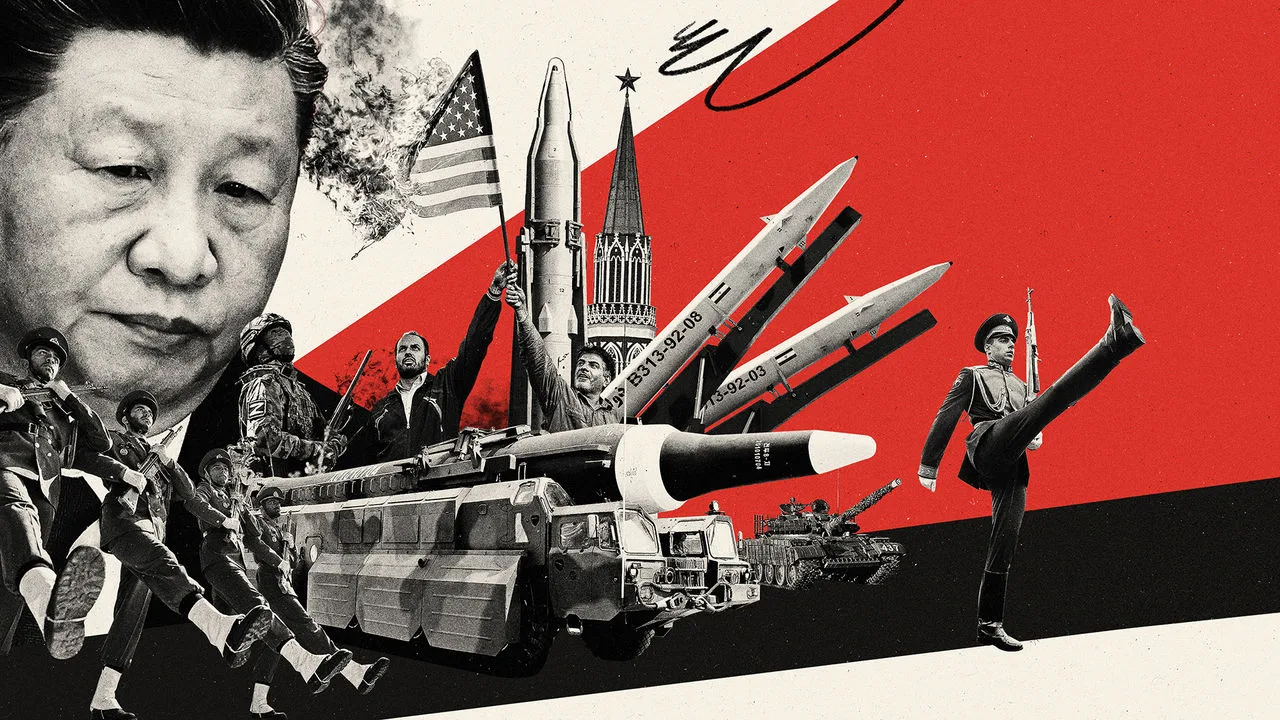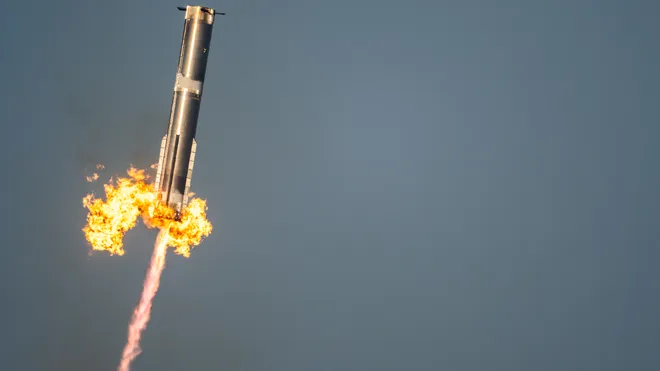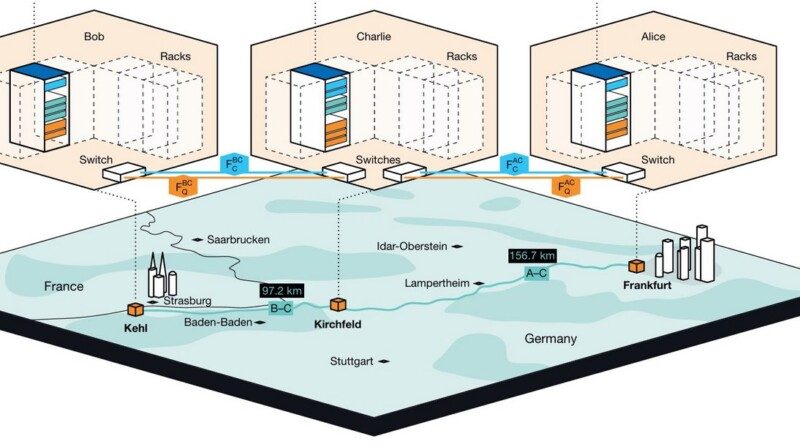The Middle East sits on a powder keg once again, and this time China is speaking up louder than ever before. As Israel and Iran exchange devastating blows in their most direct confrontation yet, Beijing is watching nervously from the sidelines, warning that the conflict could spiral completely out of control.
China’s Growing Alarm Over Middle East Escalation
President Xi Jinping broke his silence on Tuesday, declaring China is “deeply worried” about Israel’s military operation against Iran that has escalated tensions in the Middle East. This marks his first public comments since the conflict erupted last Friday, signaling just how seriously Beijing takes the current situation.
The timing of Xi’s statement wasn’t accidental. China warned the Iran-Israel conflict may spread wider instability in the Middle East, with Foreign Minister Wang Yi reaching out to both countries as their days-old conflict shows no end in sight. When China’s top leadership starts making public declarations about Middle Eastern conflicts, the world should pay attention.
Why China Fears This Conflict Is Different
What makes this Israel-Iran confrontation particularly concerning for Beijing isn’t just the military escalation—it’s the potential for complete regional chaos. China said it is “deeply worried” by Israel’s strikes on Iran and that it is willing to play a role in de-escalating the situation, which threatens to plunge the Middle East region into all-out war.
The Chinese embassies in Israel and Iran issued advisories to citizens warning of the “complex and severe” security situation in the two countries. When a country starts evacuating its nationals and issuing emergency travel warnings, you know the situation has moved beyond diplomatic concerns into genuine crisis territory.
China’s Strategic Interests at Stake
Behind China’s diplomatic language lies cold, hard economic reality. The Middle East represents a crucial component of Beijing’s Belt and Road Initiative, with billions invested in infrastructure projects across the region. Any conflict that threatens to get out of control directly impacts China’s economic interests and energy security.
China also condemned all military attacks launched by the Israeli army against Iran, which Beijing considered a blatant and extremely dangerous regional escalation, a flagrant violation of international law and the UN Charter, and a direct threat to regional and international peace and security.
This isn’t just diplomatic boilerplate—China genuinely fears that an out-of-control Israel-Iran conflict could destabilize the entire region, threatening trade routes, energy supplies, and investment portfolios that Beijing has spent decades building.
Beijing Positions Itself as Alternative to Washington
Perhaps most telling is how China is using this crisis to position itself as a credible alternative to American leadership in the region. As an unprecedented Israeli attack on Iran last week sparks a spiraling conflict between the two enemy states, China has seen an opportunity to cast itself as potential peace broker – and an alternative voice to the United States.
While Washington coordinates military support and diplomatic backing for Israel, Beijing offers something different: a pathway to de-escalation that doesn’t require choosing sides in the broader geopolitical contest between America and its adversaries.
The Risk of Regional Contagion
China’s fears about the conflict getting out of control aren’t unfounded. Military experts warn that the current exchange of strikes between Israel and Iran could easily expand beyond their borders, potentially drawing in proxy forces across Lebanon, Syria, Iraq, and Yemen.
The recent missile exchanges have already demonstrated how quickly localized conflicts can escalate in today’s interconnected Middle East. When China warns about situations getting out of control, it’s often because Beijing’s extensive intelligence networks are picking up signals that regional actors are preparing for broader confrontation.
What Comes Next
As the Israel-Iran conflict continues to unfold, China’s response will likely focus on three key areas: protecting its citizens and investments in the region, offering diplomatic mediation services to both sides, and using the crisis to demonstrate Beijing’s growing influence as a global power.
The question isn’t whether China fears this conflict—clearly it does. The real question is whether Beijing’s concerns about the situation getting out of control will translate into meaningful diplomatic action that actually helps prevent the regional war everyone seems to be preparing for.
For now, China is doing what it does best: expressing deep concern, calling for restraint, and positioning itself as the reasonable adult in the room while others choose sides. Whether this approach can help prevent the Middle East from sliding into broader chaos remains to be seen.



